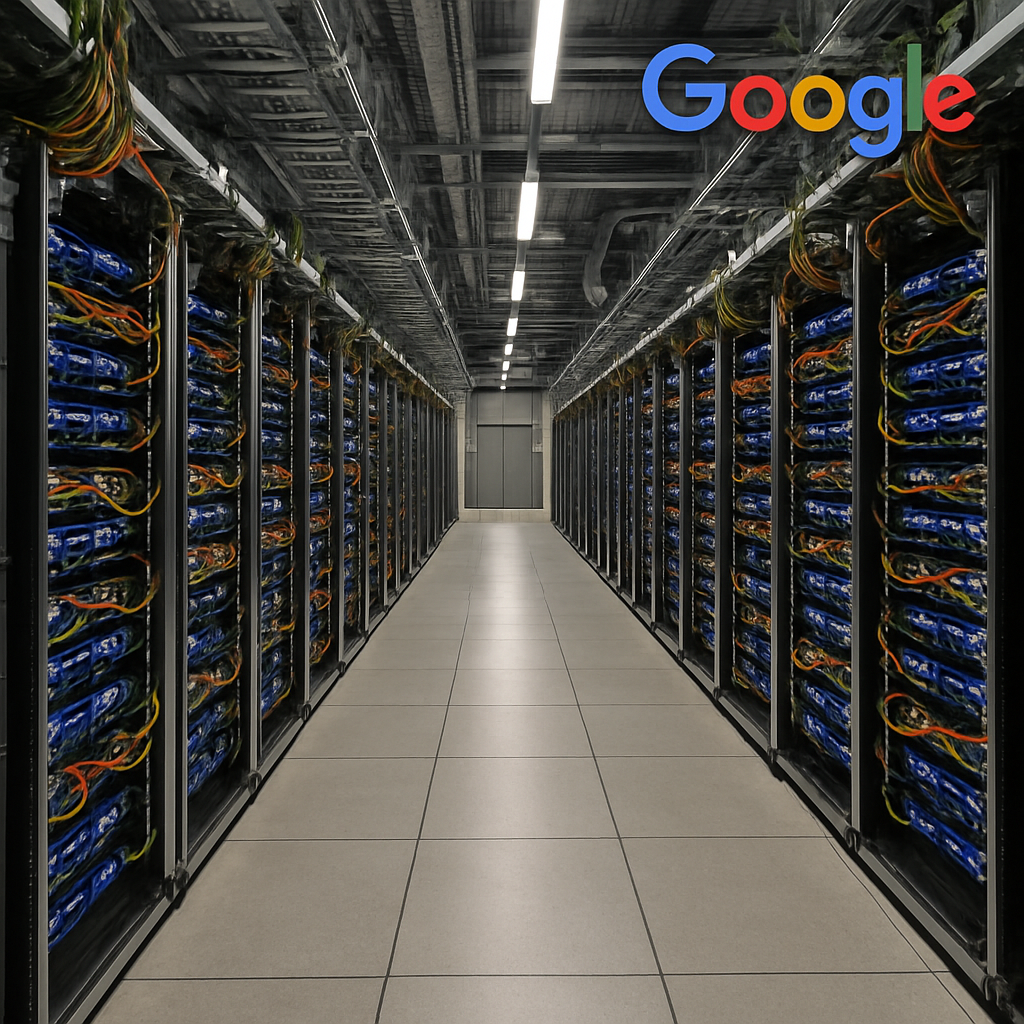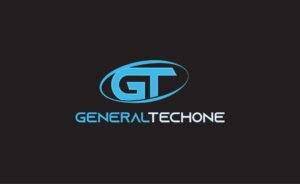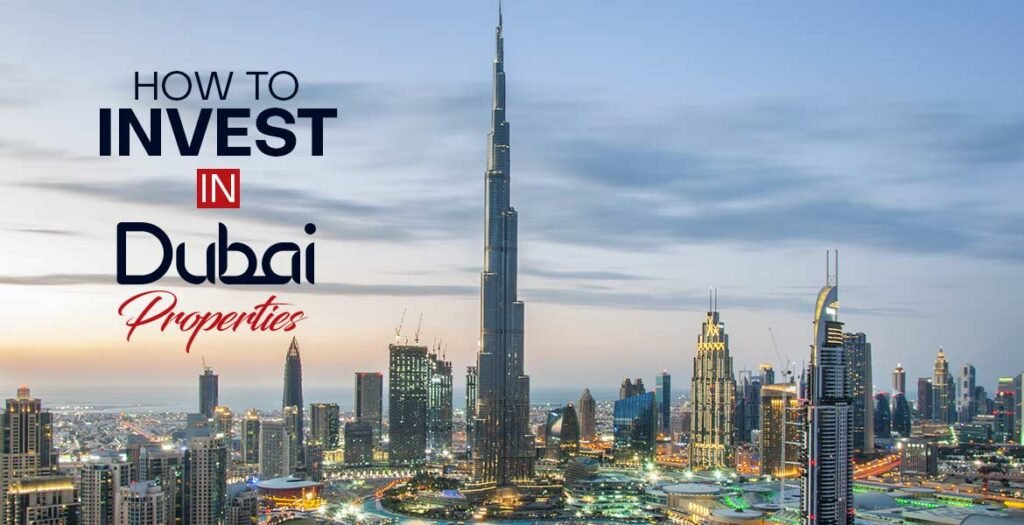Middle East investment opportunities for foreign investors . The Middle East’s Gulf Cooperation Council (GCC) countries — UAE, Saudi Arabia, Qatar, Kuwait, Bahrain, and Oman — are in a golden investment window. Fueled by multi-trillion-dollar national visions (like Saudi Vision 2030 and UAE Centennial 2071), record infrastructure spending, renewable energy pivots, and mega-events, these nations are actively welcoming foreign capital. With USD-pegged currencies, low personal income taxes, and expanding free trade agreements, investing in the Middle East Gulf countries is now more accessible than ever.
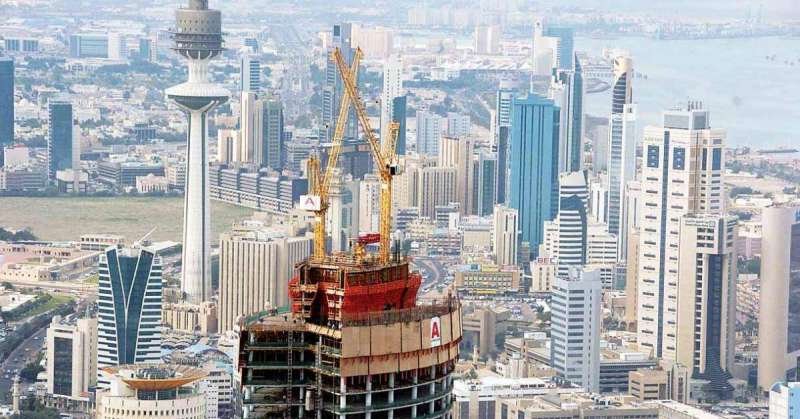
Whether you’re a founder, investor, or established business, this guide covers where to invest, how to enter, and what to watch out for — with step-by-step playbooks, official resources, and real-world examples.
Why the GCC Is Attractive Right Now
The Gulf states are no longer relying solely on oil — they’re building smart cities, green hydrogen plants, space programs, and financial hubs to compete globally.
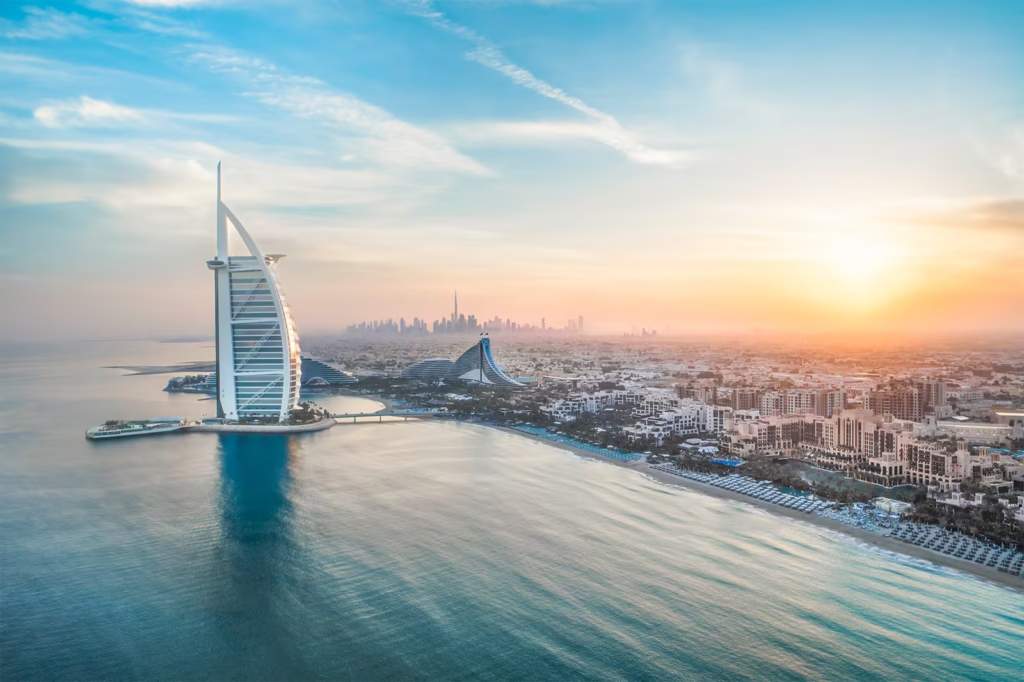
Macro Growth Drivers (2025):
- GCC combined GDP projected to exceed $2.4 trillion (IMF, 2025 forecast)
- Record IPO pipelines (Tadawul, ADX, DFM listings)
- Mega-projects: NEOM (KSA), Dubai 2040 Urban Plan, Qatar’s Lusail City
- USD-pegged currencies reduce FX risk
- World-class aviation/logistics hubs (Dubai, Doha, Riyadh)
- Sovereign wealth funds (PIF, ADIA, QIA) investing globally and locally
Talent & Residency:
- UAE’s 10-year Golden Visa for investors, founders, and skilled professionals
- Saudi’s Premium Residency (unrestricted ownership, no sponsor)
- Qatar’s Investor Residency Program
- Oman, Bahrain, Kuwait offering multi-year investor visas
Tax Overview (2025):
| Country | Corporate Tax | VAT | Personal Income Tax |
|---|---|---|---|
| UAE | 9% (≥AED 375k profit) | 5% | 0% |
| Saudi Arabia | 20% corp tax + Zakat | 15% | 0% |
| Qatar | 10% | 5% | 0% |
| Oman | 15% | 5% | 0% |
| Kuwait | 15% (foreign companies) | None | 0% |
| Bahrain | 0% (non-oil) | 10% | 0% |
(Sources: UAE Ministry of Finance, Saudi ZATCA, Qatar GRA, Oman MoCIIP, KDIPA, Bahrain NBR — verify rates before investing.)
Priority Sectors and Opportunities by Country
United Arab Emirates (Dubai/Abu Dhabi)
Hot Sectors:
- Fintech & Digital Banking (DIFC Innovation Hub, ADGM Sandbox)
- Logistics & E-commerce (Jafza, Dubai CommerCity)
- Tourism & Hospitality (record visitor growth, Expo legacy projects)
- Healthcare & Medtech (DHA & SEHA PPP opportunities)
- Edtech & Corporate Training
- Green Energy & Hydrogen (Masdar initiatives)
Entry Paths:
- Free-zone companies (e.g., IFZA, DMCC, ADGM, DIFC)
- Mainland LLC with 100% foreign ownership in most sectors
- Exchanges: ADX (Abu Dhabi), DFM (Dubai)
Example: Abu Dhabi’s ADX market cap hit $800B+ in 2024, boosted by energy and fintech IPOs (ADX).
Saudi Arabia (KSA)
Hot Sectors:
- Renewables & Green Hydrogen (NEOM Green Hydrogen Project)
- Tourism & Entertainment (Red Sea Project, Qiddiya)
- Manufacturing & Mining
- Healthcare & Pharma
- Gaming & eSports (Savvy Games Group investments)
Entry Paths:
- Business license from MISA
- Premium Residency (no sponsor, full ownership)
- Exchange: Tadawul (MSCI EM index member)
Example: NEOM’s first industrial zone Oxagon is attracting manufacturing partners (NEOM).
Qatar
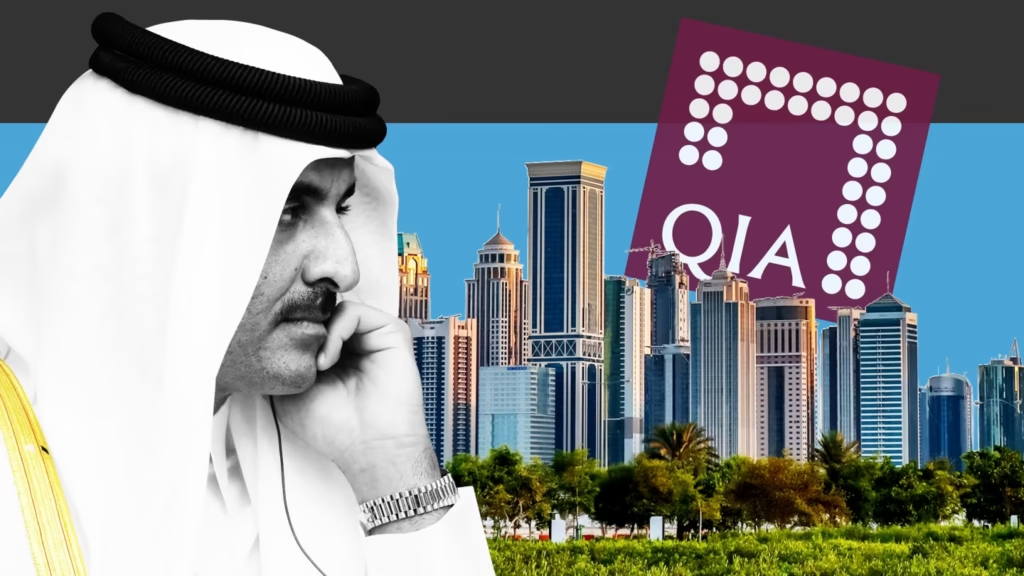
Hot Sectors:
- Sports & Events (post-World Cup infrastructure)
- Logistics & Trade
- Petrochemicals
- Fintech & Islamic Finance
- Education & Edtech
Entry Paths:
- Qatar Free Zones Authority (QFZA)
- Qatar Financial Centre (QFC)
- Exchange: Qatar Stock Exchange (QSE)
Example: QFZ offers 20-year tax holidays for qualifying investors (QFZA).
Bahrain
Hot Sectors:
- Fintech & Regtech (Bahrain Fintech Bay)
- Manufacturing
- Shared Services & BPO
- Tourism & MICE
Entry Paths:
- Support from Bahrain EDB
- Exchange: Bahrain Bourse
Example: Bahrain Bourse rolled out real estate investment trusts (REITs) to attract foreign investors (Bahrain EDB).
Kuwait
Hot Sectors:
- Infrastructure Development
- Financial Services
- Healthcare Modernization
- Logistics
Entry Paths:
- Incentives via KDIPA
- Exchange: Boursa Kuwait
Example: Boursa Kuwait joined MSCI EM index, opening to wider foreign participation (KDIPA).
Oman
Hot Sectors:
- Ports & Logistics (Duqm SEZ)
- Renewable Energy (solar, wind, hydrogen)
- Fisheries & Agritech
- Adventure Tourism
- Minerals & Mining
Entry Paths:
- Guidance via Invest Oman
- Exchange: Muscat Stock Exchange
Example: Oman signed $20B+ in hydrogen project MoUs in 2024 (Invest Oman).
Market Entry Paths for Foreign Investors

Incorporation Options
- Free Zone LLC: 100% ownership, simplified customs, often tax incentives (UAE, Qatar, Bahrain, Oman)
- Mainland LLC: Direct access to local market; now 100% foreign-owned in most GCC sectors
- Branch/Rep Office: No separate legal entity; depends on parent company
Licensing Bodies:
- UAE: ADGM, DIFC, DED
- KSA: MISA
- Qatar: QFZA, QFC
- Bahrain: EDB
- Kuwait: KDIPA
- Oman: Invest Oman
Visas & Residency
- UAE: 10-year Golden Visa for investors, entrepreneurs, scientists
- KSA: Premium Residency (unlimited stay, ownership rights)
- Qatar/Bahrain/Kuwait/Oman: Investor visas (often renewable 2–10 years)
Tax & Compliance Basics
- Corporate tax rates vary 0–20%
- VAT ranges: 5%–15%
- Annual filings and audits required in most jurisdictions
- Economic Substance Regulations (ESR) in UAE, Bahrain, others
- AML/KYC obligations for financial services
Investing via Capital Markets & Funds
- Direct stock purchases on ADX, DFM, Tadawul, QSE, Bahrain Bourse, Boursa Kuwait, Muscat Stock Exchange
- REITs in UAE & KSA for property exposure without full ownership
- Sovereign bonds & sukuk for fixed-income exposure
- VC/angel investing via regulated sandboxes (e.g., DIFC Innovation Hub)
Banking, Payments & FX
- USD peg in UAE, KSA, Qatar, Bahrain; Oman & Kuwait have managed pegs
- Repatriation of profits allowed in all GCC states (documentation needed)
- Bank account opening may require in-person visits & proof of address
Risk Management & What to Watch
- Regulatory changes (e.g., corporate tax introductions)
- Geopolitical risk — mitigate with diversified exposure
- Sector-specific restrictions (media, telecom, defense)
- Cultural considerations — relationship-based business norms
Mitigation tips:
- Dual-license (free zone + mainland)
- Engage local legal counsel
- Use recognized arbitration hubs (DIFC/ADGM Courts)
GCC at a Glance (Comparison Table)
| Country | Top Sectors | Corp Tax | VAT | Foreign Ownership | Key Regulator | Main Exchange |
|---|---|---|---|---|---|---|
| UAE | Fintech, tourism, logistics, green energy | 9% | 5% | 100% (most) | DED, ADGM, DIFC | ADX, DFM |
| KSA | Renewables, tourism, manufacturing | 20%+Zakat | 15% | 100% (most) | MISA | Tadawul |
| Qatar | Sports, logistics, finance | 10% | 5% | 100% (QFZ/QFC) | QFZA, QFC | QSE |
| Bahrain | Fintech, manufacturing | 0% | 10% | 100% | EDB | Bahrain Bourse |
| Kuwait | Infrastructure, finance | 15% | None | Case-by-case | KDIPA | Boursa Kuwait |
| Oman | Logistics, tourism, renewables | 15% | 5% | 100% | Invest Oman | Muscat SE |
7-Step Checklist to Get Started
- Define sector & country fit (align with national visions)
- Choose structure (free zone, mainland, branch)
- Secure license/approvals from relevant authority
- Open bank account & set up accounting/tax
- Hire or outsource HR/payroll
- Set compliance baseline (ESR, VAT, audits)
- Launch GTM strategy (local partnerships, marketplaces)
FAQs
Q: Can I own 100% of a company in the GCC?
Yes, in most sectors across UAE, KSA, Qatar, Bahrain, and Oman — subject to licensing.
Q: What’s the fastest setup route for a SaaS startup?
Often a UAE free zone (e.g., IFZA, DMCC) with remote setup options.
Q: How long does company setup take?
From 3 days (some UAE free zones) to 6+ weeks (mainland KSA).
Q: Do I need a local sponsor?
Not in most modern free zones; required only in restricted sectors.
Q: How do I access GCC stock markets?
Through licensed local brokers or international brokers with GCC access.
Conclusion & Call-to-Action
Investing in the Middle East Gulf countries in 2025 offers unparalleled opportunities — from green hydrogen in Oman to fintech in Dubai and tourism in Saudi Arabia. With the right structure, compliance, and local partnerships, global investors can tap into a rapidly diversifying region poised for long-term growth.
Disclaimer: This guide is for informational purposes only and does not constitute legal, tax, or investment advice. Regulations change frequently; consult licensed professionals before making decisions.




